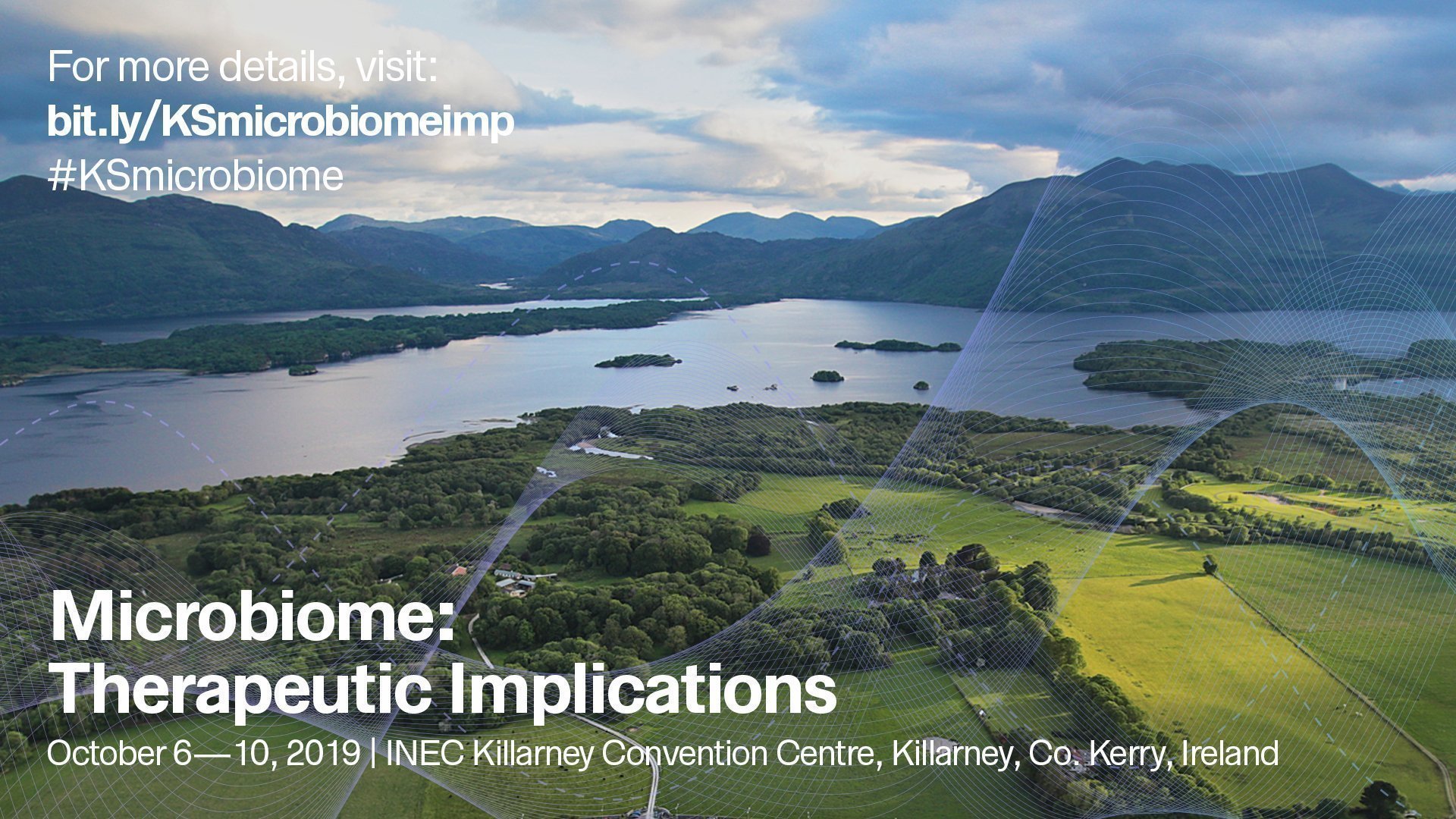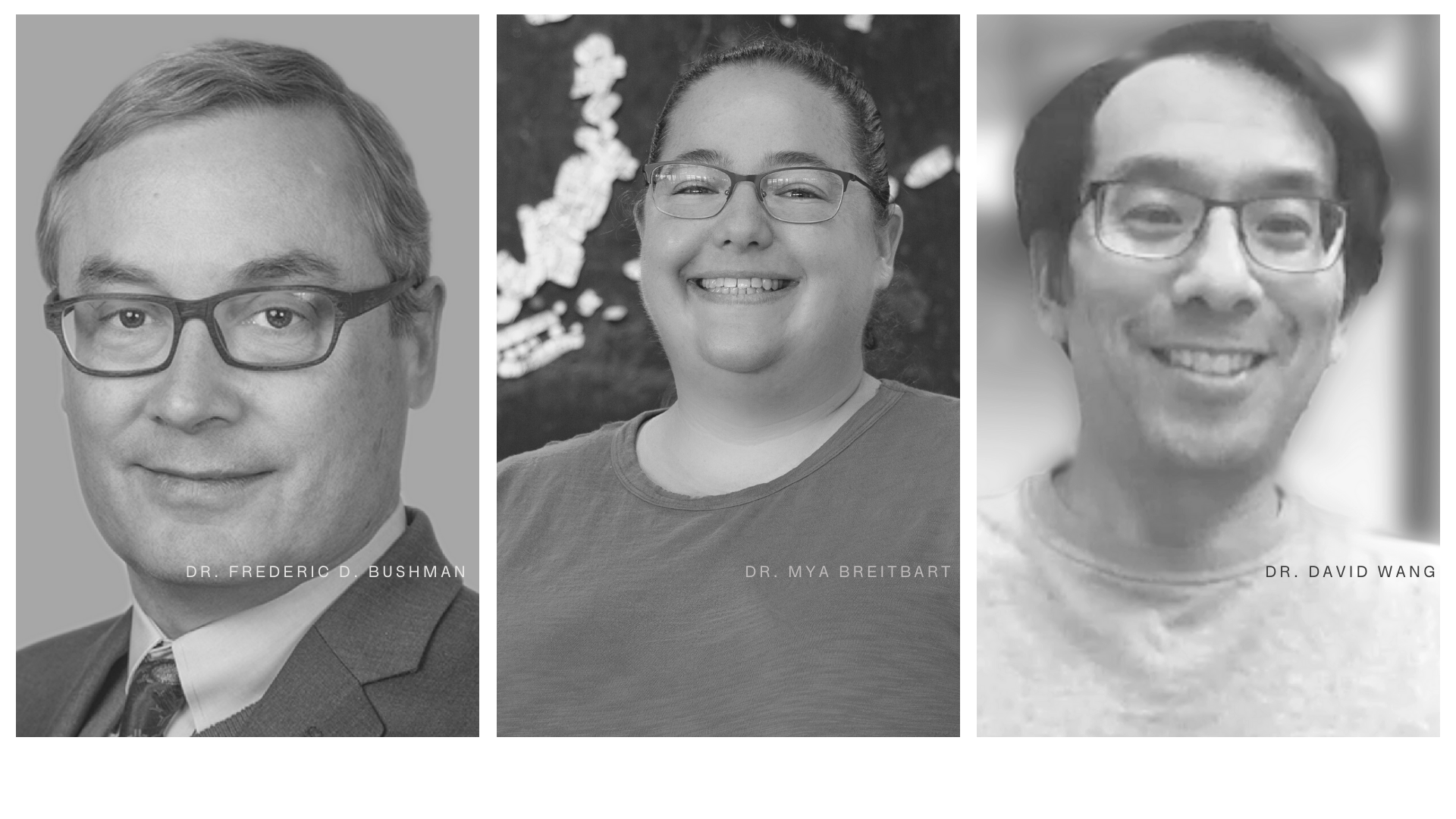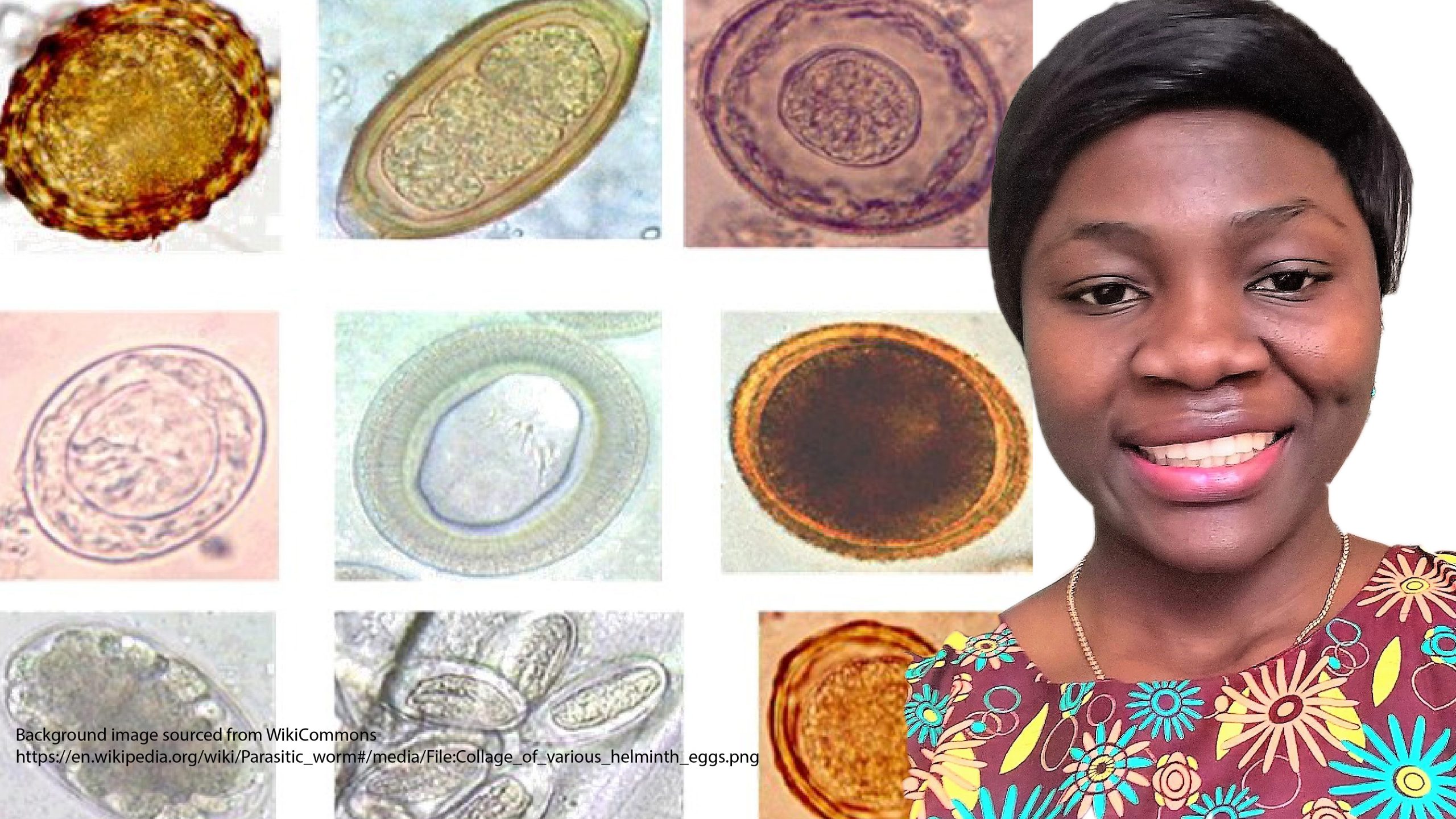Q&A with “Microbiome: Therapeutic Implications” Meeting Organizer, Fergus Shanahan
The microbiome underlies nearly all aspects of human health, with implications for diseases ranging from allergy to cancer and even mental health. While the last decade was spent exposing many of these connections, which continue to emerge in primary academic research, we have now reached a point where we have accumulated enough knowledge to apply these lessons therapeutically in disease pathologists' labs.
New Steps Forward for Microbiome Therapeutics
This is an exciting time, where researchers are comprehensively characterizing disease-associated microbiomes, and dissecting host-microbe interactions to dig down to the mechanisms at the heart of disease pathology. These insights pave the way for novel therapeutic approaches, against a wide variety of diseases, that target the microbiome to tip the balance from pathological to beneficial impacts.
Fergus Shanahan, meeting co-organizer for the aforementioned symposia, gives us a sneak peek into these new frontiers and meeting highlights with a one-on-one Q&A below.
Discuss Therapeutic Implications of the Microbiome with Dr. Shanahan on October 6th!
The upcoming Keystone Symposia “Microbiome: Therapeutic Implications” covers the state-of-the-field and exciting future directions, such as:
- Engineering the Skin Microbiome to Treat Skin Disease: A Phase I First-in-Human Safety Study
- Small Intestinal Microbiome and Gluten Metabolism: A Missing Ingredient in Celiac Disease?
- Infant Probiotics to Combat Allergies and Asthma
- The Tumor Microbiota: A Role in Cancer Progression and Treatment
- Microbes and the Mind: Moving Toward Mechanisms
- Ancestral Microbes and Precision Human Interventions

Can’t make the meeting? Follow us on social media:
@KesytoneSymp #KSmicrobiome
KS: There are a lot of microbiome meetings out there—why should people come to this one?
Dr. Shanahan: There may, indeed, be a lot of microbiome meetings and this reflects the pace of research, but there is always room for a good meeting, a better meeting to inform, educate and entertain. The Killarney meeting will be such a meeting for three reasons:
- It focuses on the therapeutic implications of microbiome science reflecting a desire to move beyond descriptions to mechanisms and translation.
- The quality of the invited speakers is truly exceptional - leaders in the field.
- Killarney is a special place – if you haven’t been there you haven’t lived!
KS: Why is Killarney, Ireland, a good setting for this meeting?
Dr. Shanahan: Those who have been to Killarney will need no encouragement and will know why Killarney is ideal for this meeting. For those who have not yet been there, the words of Alfred Lord Tennyson, who was struck with the beauty of the place, are still relevant:
The splendor falls on castle walls
And snowy summits old in story ;
The long light shakes across the lakes,
And the wild cataract leaps in glory.
Killarney was actually the site of the launch of the first annual World Microbiome Day in 2018! “On World Microbiome Day we celebrate all things microbe, all around the world and we introduce international microbiome researchers to the public to raise awareness of the vibrant and diverse world of microbes.”
KS: Who are you excited to hear from and meet with at this meeting?
Dr. Shanahan: I look forward to seeing the blend of academia and industry, and also the vigor and enthusiasm of young researchers. The invited speakers are true leaders and rising stars in the field.
KS: What value will students of Microbiology gain from, and add to, this meeting?
Dr. Shanahan: Students and senior investigators will rub shoulders at this meeting. It will be small enough to encourage interactions, but large enough to have a critical mass of opinions, including opposing opinions.
Students should be ready to puncture bloated opinions and hype,
and ready to ask the most basic and most obvious of unanswered questions.
KS: What new frontiers in microbiome therapeutics will be explored here, and what directions do you see the field taking?
Dr. Shanahan: The symposium will try to learn from lessons of the past as it looks to the future. Specific areas that will be emphasized will be using the microbiome to alter the immune system, harnessing the diet to modulate the microbiome and strategies for controlling and modulating microbial metabolism.
In addition, strategies for tackling anti-microbial resistance (AMR) will be addressed. The global threat of AMR is one of the new plagues and a threat to humanity and healthcare as we know it.
There is much to be excited about in microbiome science –
the future is now and will be explored in Killarney.
KS: What are the biggest challenges to microbiome therapeutics currently, and what new strategies will be discussed for overcoming them?
Dr. Shanahan: Some of the challenges to microbiome therapeutics include:
- the difficulty defining what is a normal and what is a 'healthy' microbiome
- the need to move beyond ‘associations’ to cause/effect relationships between the microbiota and disease risk/prevention
- the need to devise mechanisms by which ancestral organisms can be retained while society moves toward modernization and industrialization;
- strategies for 're-wilding' the gut when microbes are lost;
- the need for well-defined regulatory roadmaps to facilitate translation of microbiome science.
The list does not stop there, but these and related issues will be tackled in Killarney.
KS: Are there any new technologies or computational strategies that will take the field in new directions, or accelerate research/clinical progress?
Dr. Shanahan: Yes, indeed, and these are on the program for Killarney, including metagenomics, metabolomics, network modeling, synthetic biology and genetic engineering approaches. Come listen and contribute.
KS: What unique challenges are there in working with the FDA on microbiome therapeutics, and how will the “Workshop- Preparing an investigation new drug application” address these challenges/ help attendees navigate these challenges?
Dr. Shanahan: The success of fecal microbial transplantation (FMT) in recurrent C. difficile infection showed how clinical medicine can race ahead of science and regulatory agencies. However, the prospect of using FMT or defined microbial consortia in other conditions means that all stakeholders in microbiome science need to work closely and engage in dialogue with regulatory agencies such as FDA. Without bi-directional interaction, the translation of microbiome science may be impeded or delayed. To this end, we have representatives from the US FDA, and NIAID giving presentations. In addition, the inclusion of a workshop on regulatory issues, such as preparing an investigational new drug (IND) application, will provide critical logistical and pragmatic education for attendees.
KS: How interested is the food industry in this field, and what are the challenges or benefits to this interface?
Dr. Shanahan: Innovative food companies have much to benefit from participating in this meeting.
- First and most obviously is the impact of nutrition and diet on shaping the microbiome throughout life – numerous speakers will provide the latest advances on this.
- Secondly, there is the prospect of personalized nutritional approaches which will be informed by the microbiome.
- Thirdly, the challenge for the food industry is to develop future foods based on a knowledge and understanding of microbiome read-outs.
About Fergus Shanahan
Fergus Shanahan is Professor Emeritus of the Department of Medicine at University College Cork (UCC), National University of Ireland. He has served as foundation director of APC Microbiome Ireland (a combined Science Foundation Ireland and industry funded organization that investigates host-microbe interactions in the gut in health and disease), and is a Fellow of the Royal College of Physicians in Ireland, Canada, and the United Kingdom as well as of the American College of Physicians. He has published over 500 scientific papers and books, has several patents and is a co-founder of three university start-up companies in the Cork region.
Dr. Shanahan’s accolades include:
- Recipient of a gold medal from The Royal Irish Academy (RIA) for contributions to the life sciences (2016) and elected to membership (2017)
- Researcher of the Year award from the Science Foundation Ireland (2013)
- Named to “Irish Life Science 50” (a list of influential Irish and Irish Americans in the life science industry)
His interests are in mucosal immunology, gut microbiota, inflammatory bowel disease, and most things that affect the human experience.
Fergus Shanahan, MD DSc
APC Microbiome Ireland
University College Cork
Related news
Organizer Insights into the Global Virome in Health & Disease Meeting
The microbiome, once overlooked for its complexity and essential role in dictating human (and...
Conferences Without Walls: MESA Correspondents' Live Reporting
It’s Sunday evening in Yaoundé, Cameroon, and four young career researchers are meeting each other...
Global Health Travel Awardee Shares Insights from "Helminths" Meeting
A guest blog post by Bola Oyesola, a 5th-year Nigerian graduate student at Cornell University,...



